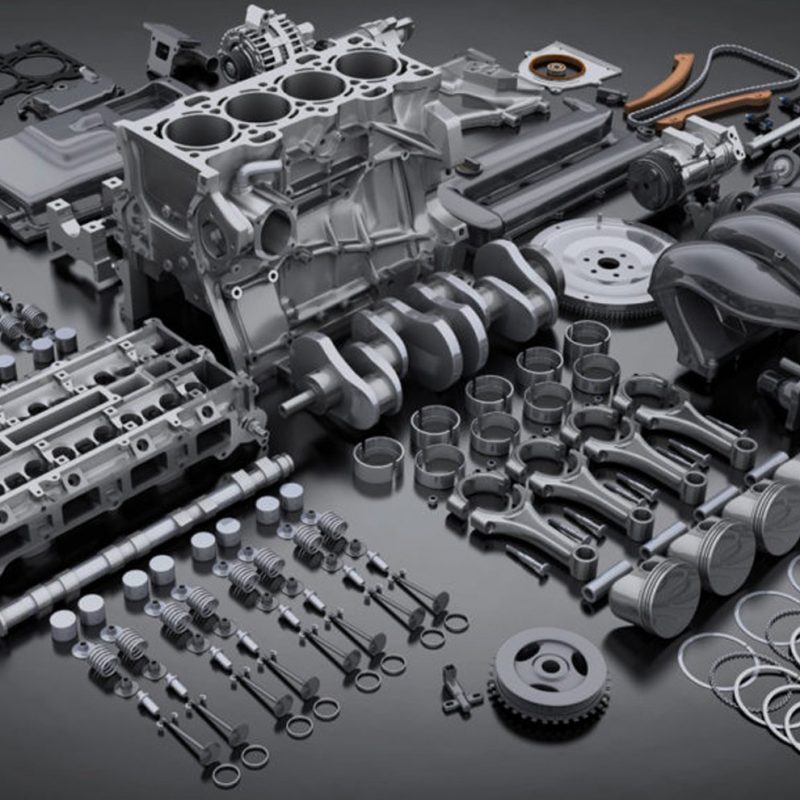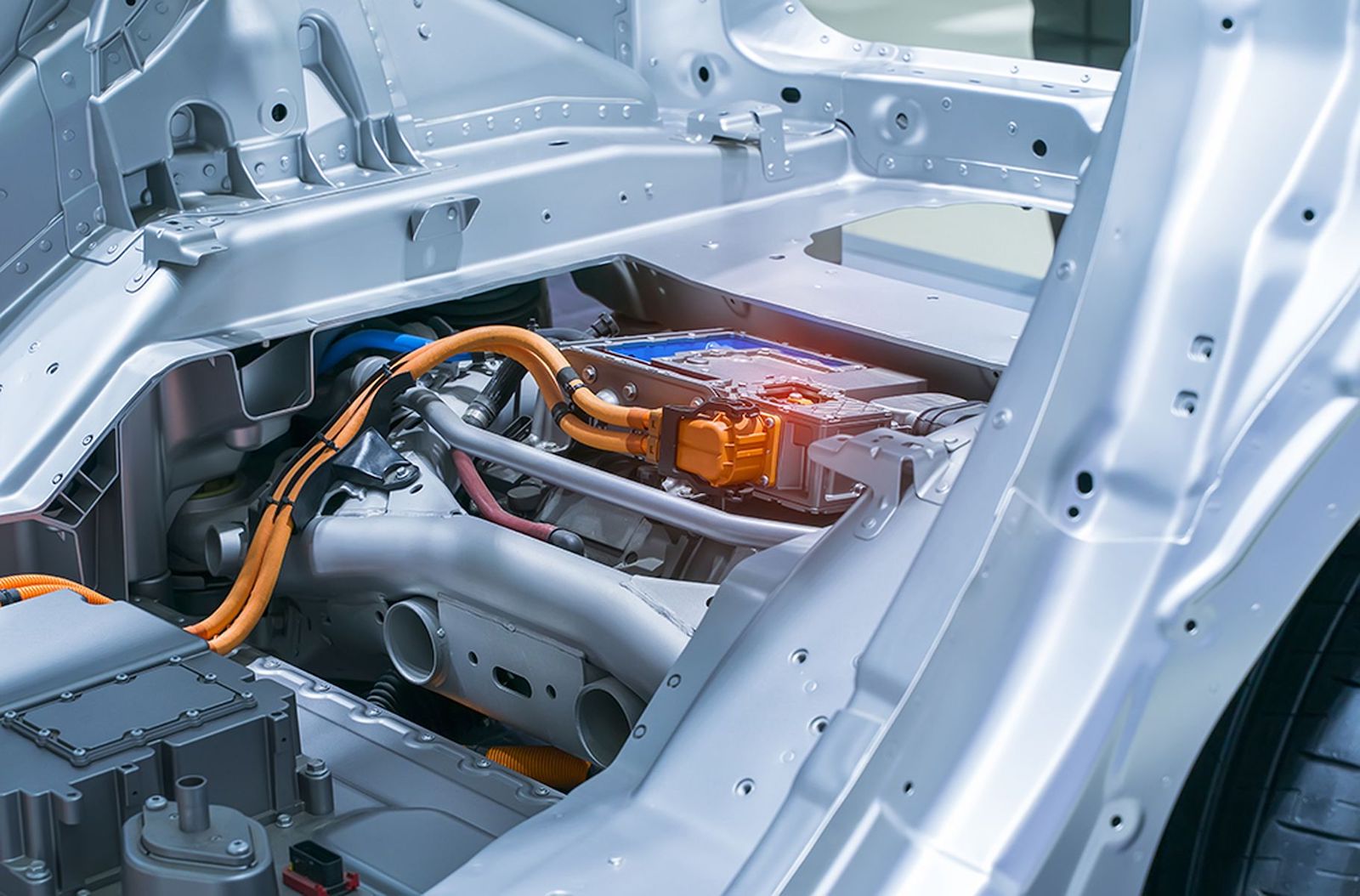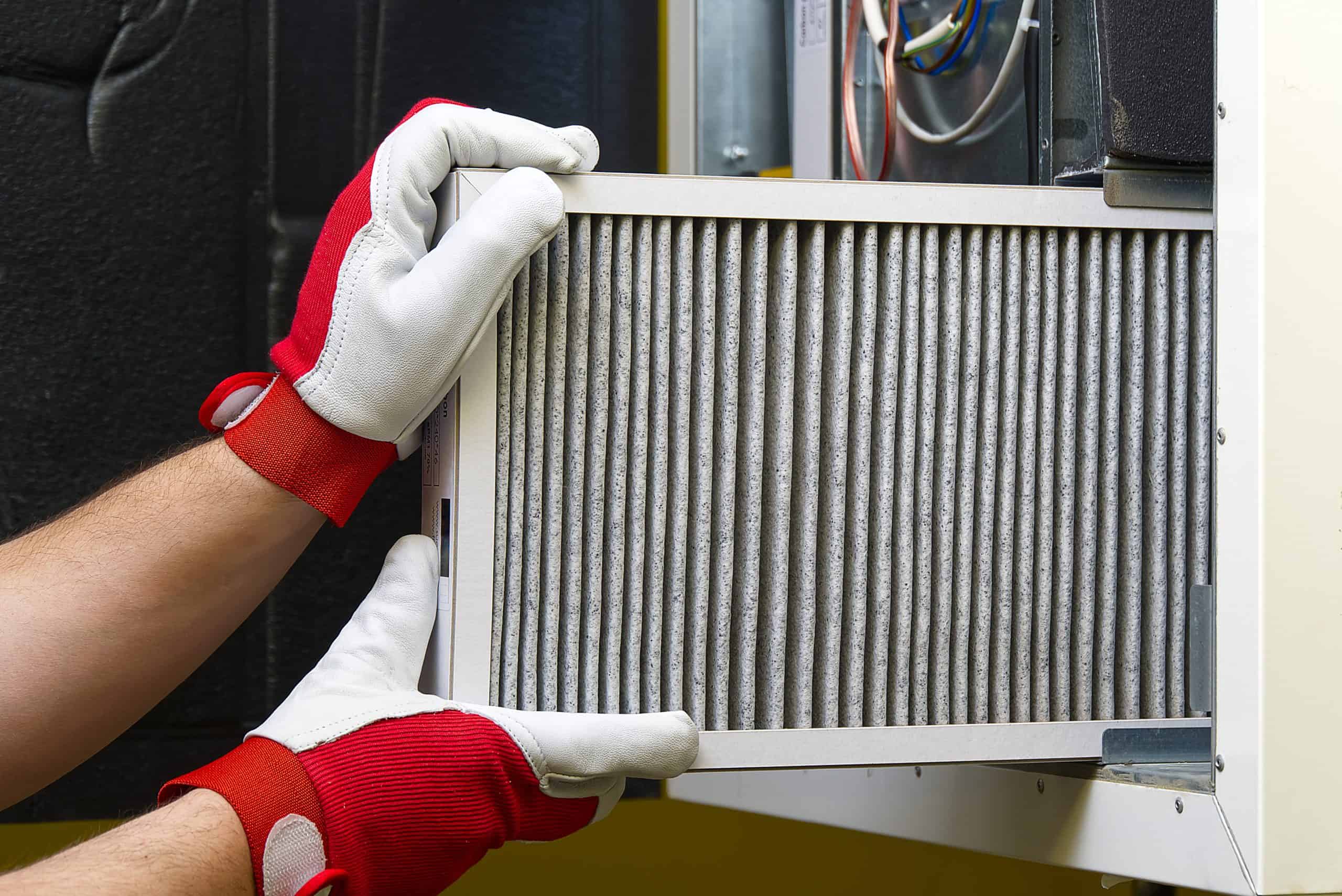Fuel Filter Replacement: A Necessary Maintenance Task
Fuel Filter Replacement: A Necessary Maintenance Task
A fuel filter is a crucial component of a vehicle’s fuel system, responsible for removing dirt and other contaminants from the fuel before it reaches the engine. These contaminants can cause damage to the engine and reduce its performance, making fuel filter replacement a necessary maintenance task. In this essay, I will discuss the importance of replacing a fuel filter and the potential consequences of not doing so.
The fuel filter is designed to capture dirt, debris, and other contaminants that may be present in the fuel. Over time, these contaminants can accumulate and clog the filter, reducing the flow of fuel to the engine. This can lead to a number of problems, including poor engine performance, reduced fuel efficiency, and increased emissions. In severe cases, a clogged fuel filter can even cause the engine to stall or fail to start.
Another important reason for fuel filter replacement is that the filter can break down over time. The filter media can become saturated, and the filter housing can become damaged, which can lead to fuel leaks and other issues. A damaged fuel filter can also allow contaminants to pass through, which can cause damage to the engine.
Regularly replacing the fuel filter is important to keep the vehicle running smoothly and to protect the engine from damage caused by contaminants in the fuel. The recommended replacement interval for a fuel filter varies depending on the make and model of the vehicle, but it is typically between 20,000 and 50,000 miles. It’s best to consult the vehicle’s owner’s manual for the manufacturer’s recommendations.
It’s also important to note that in some vehicles, the fuel filter is integrated into the fuel pump, which is located in the fuel tank. In these cases, the entire fuel pump assembly needs to be replaced when the filter reaches the end of its service life, which can be more expensive than replacing a stand-alone filter.
Neglecting to replace a fuel filter can have serious consequences for a vehicle’s fuel system and engine. A clogged or damaged filter can reduce the flow of fuel to the engine, causing poor performance, reduced fuel efficiency, and increased emissions. In severe cases, it can even cause the engine to stall or fail to start.
In addition to the potential problems with the engine, a clogged or damaged fuel filter can also lead to other issues. For example, a fuel leak can be dangerous and cause a fire hazard. A blocked filter can also increase the risk of fuel pump damage, which can be costly to repair.
In conclusion, fuel filter replacement is a necessary maintenance task that helps to keep the vehicle running smoothly and protect the engine from damage caused by contaminants in the fuel. Regular replacement of the fuel filter is important to maintain the vehicle’s performance and fuel efficiency, as well as to ensure the safety of the vehicle and the driver. Always consult the vehicle’s owner’s manual for the manufacturer’s recommendations and be sure to use the correct type of filter for your vehicle.








